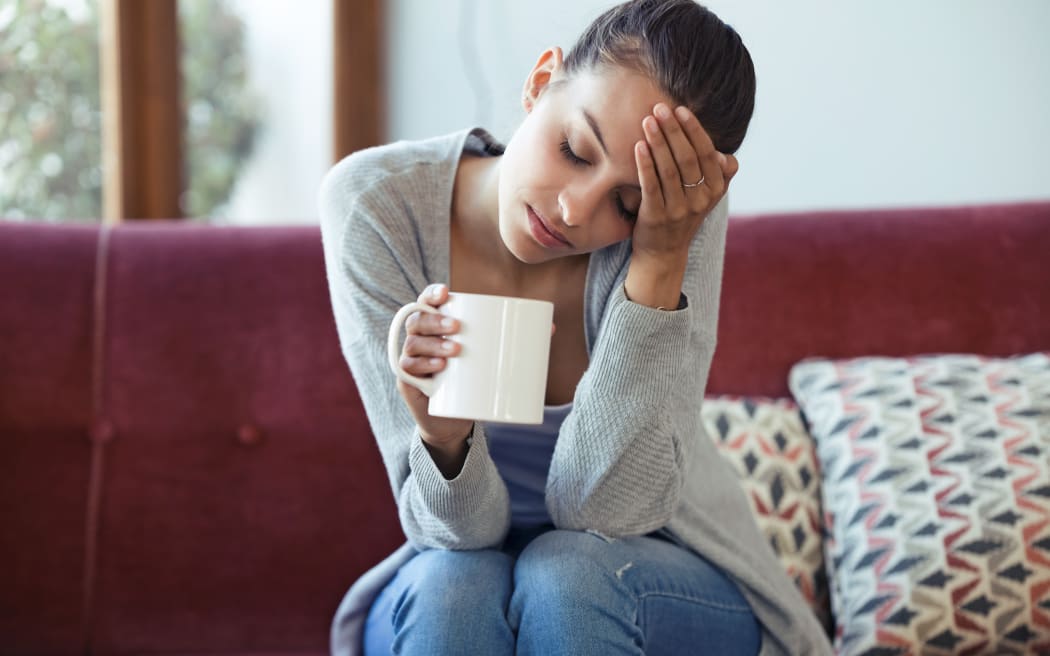What exactly is guilt? How does it manifest, and why do we feel it?
It is an emotion related to the standards that we set for ourselves, psychologist Karen Nimmo tells Nine to Noon.
“When we fail to reach those standards, or we violate them, or we feel like we've let ourselves down, that's when we feel bad. And that's essentially what guilt is.”

Photo: 123rf
It is distinct from shame, she says.
“Guilt is behaviour-driven, and shame is self-driven. So, guilt says, I behaved badly, and shame says, I'm a bad person.
“And guilt, obviously, is the more socially acceptable kind of emotion and shame carries much more stigma.”
Guilt is quite normal, she says.
“We all feel a little bit of guilt, sometimes it's healthy, and it can be constructive, because it gives us a chance to put things right, but shame can really be painful, because it's isolating and destructive and can cause us to withdraw into ourselves and sort of shut the world out because we feel so bad about ourselves.”
It manifests in various ways, Nimmo says.
“The big, all-encompassing guilts, like feeling bad about what's going on in the world poverty, war, the environment.
“Survivor guilt when somebody else goes through a trauma, and you're the one who comes out the other side of it, okay.
"But the guilt that really crawls under the skin, the guilt that really gets to people is guilt that's close to home.”
These "everyday guilts" are the types of guilt she most commonly encounters in therapy, she says.
“Those are the things around parenting and work, that sort of divide and I'm not giving enough to either party. Productivity guilt, I'm not doing enough with my life. And the other huge one that that absolutely is so common, is that around food and alcohol use.”
Cultural and religion play a part in someone’s propensity to feel guilt, she says, but some people are just more wired to feel it.
“People can be vulnerable due to their temperaments, their history, their personal experiences growing up, parenting, lots of ways. Just as you can be more anxious as a person, or worry, or be an overthinker, you can also probably be prone to feeling more guilt.”
Given it is so ubiquitous, does guilt have a purpose? It can trigger personal improvement, Nimmo says.
“It can propel us to change life up and to do things differently. And if we use it the right way, it can really enhance personal growth, because we can use it to do life differently. And that's always a good thing - if it's in a healthy positive direction.”
Sometimes you just have to park intrusive guilty feelings, she says.
“If you have done your very best, then there comes a point that you have to give yourself a leave pass, except that it happened. And think, OK, no more beating up on myself over this, I resolve to do things differently in the future, and go from there.”

